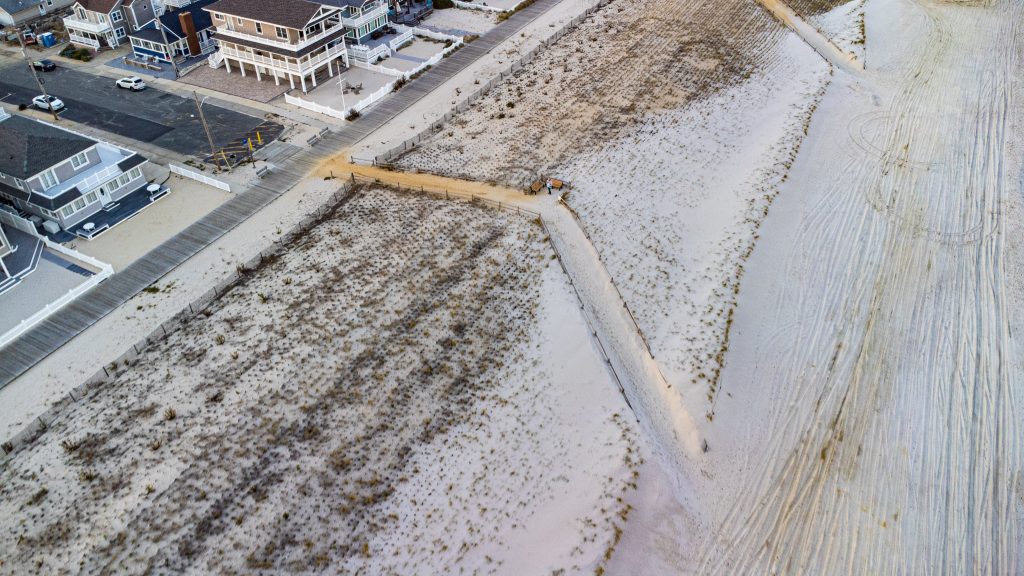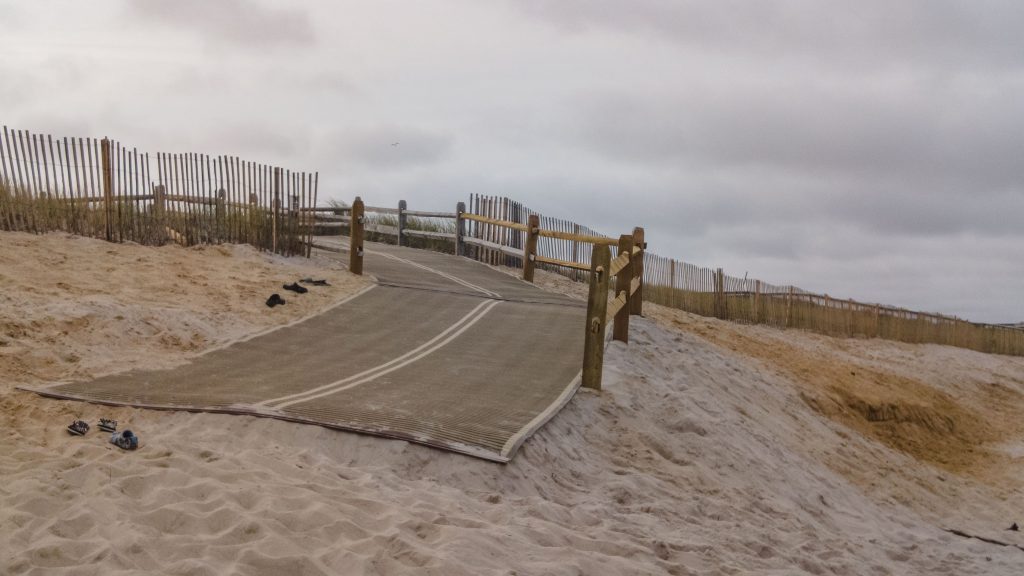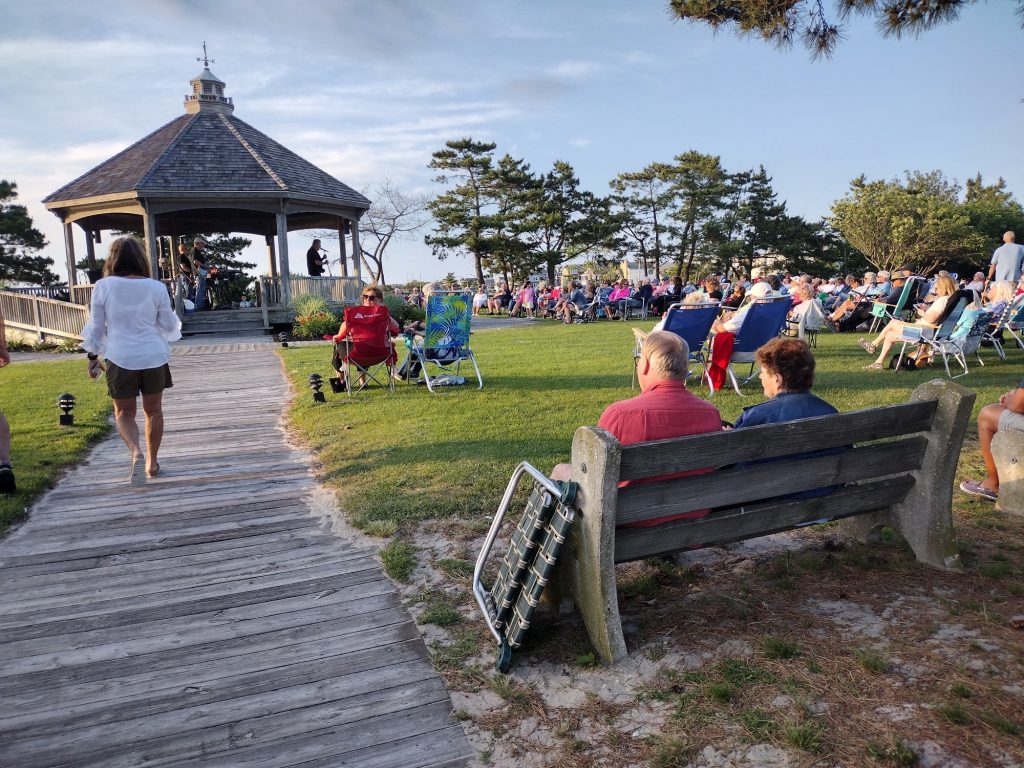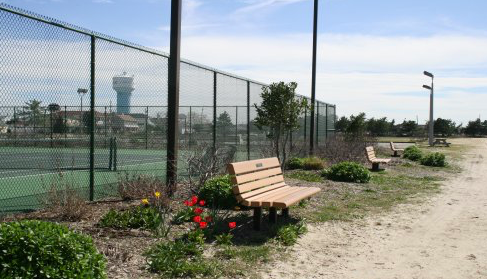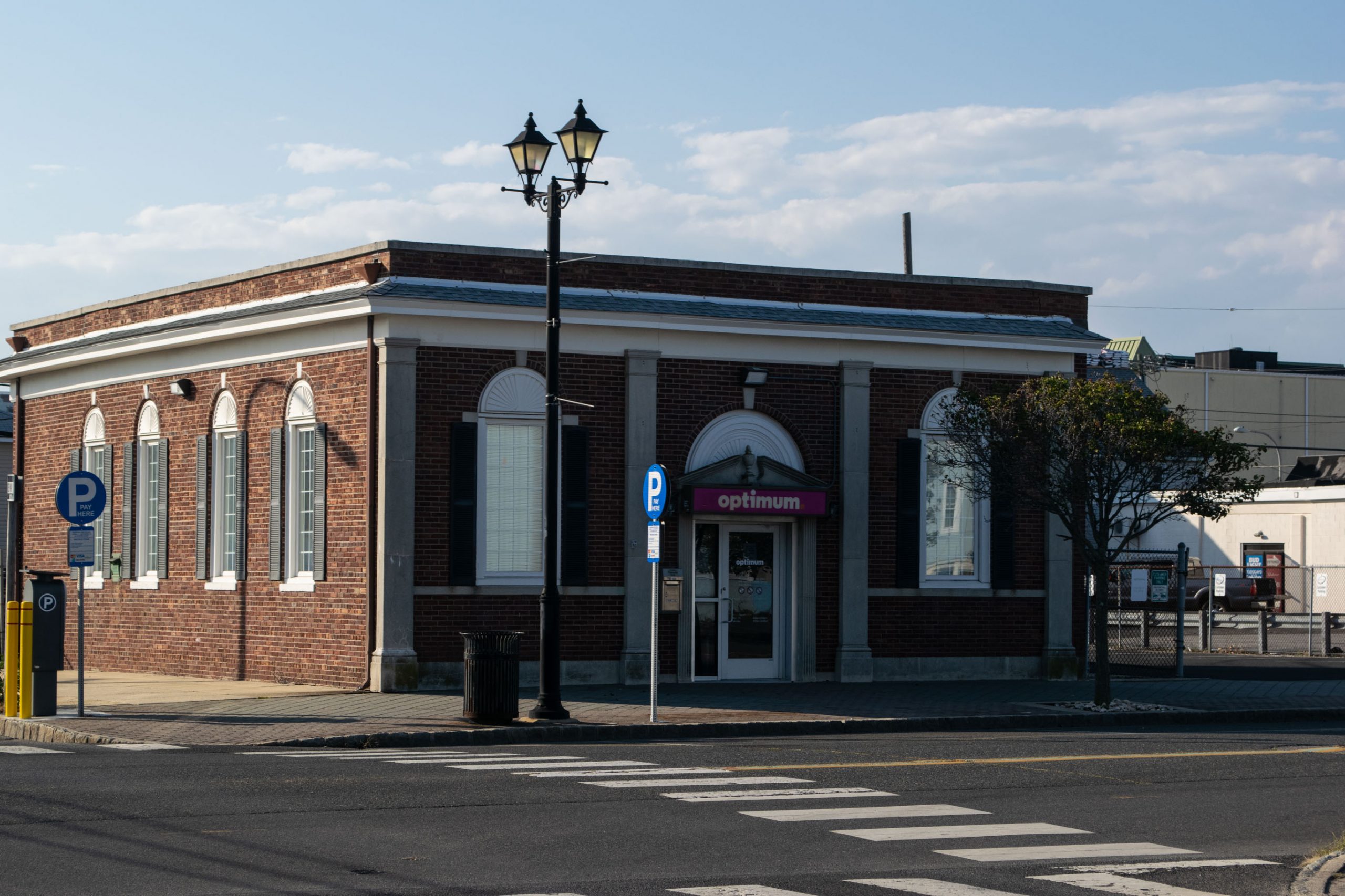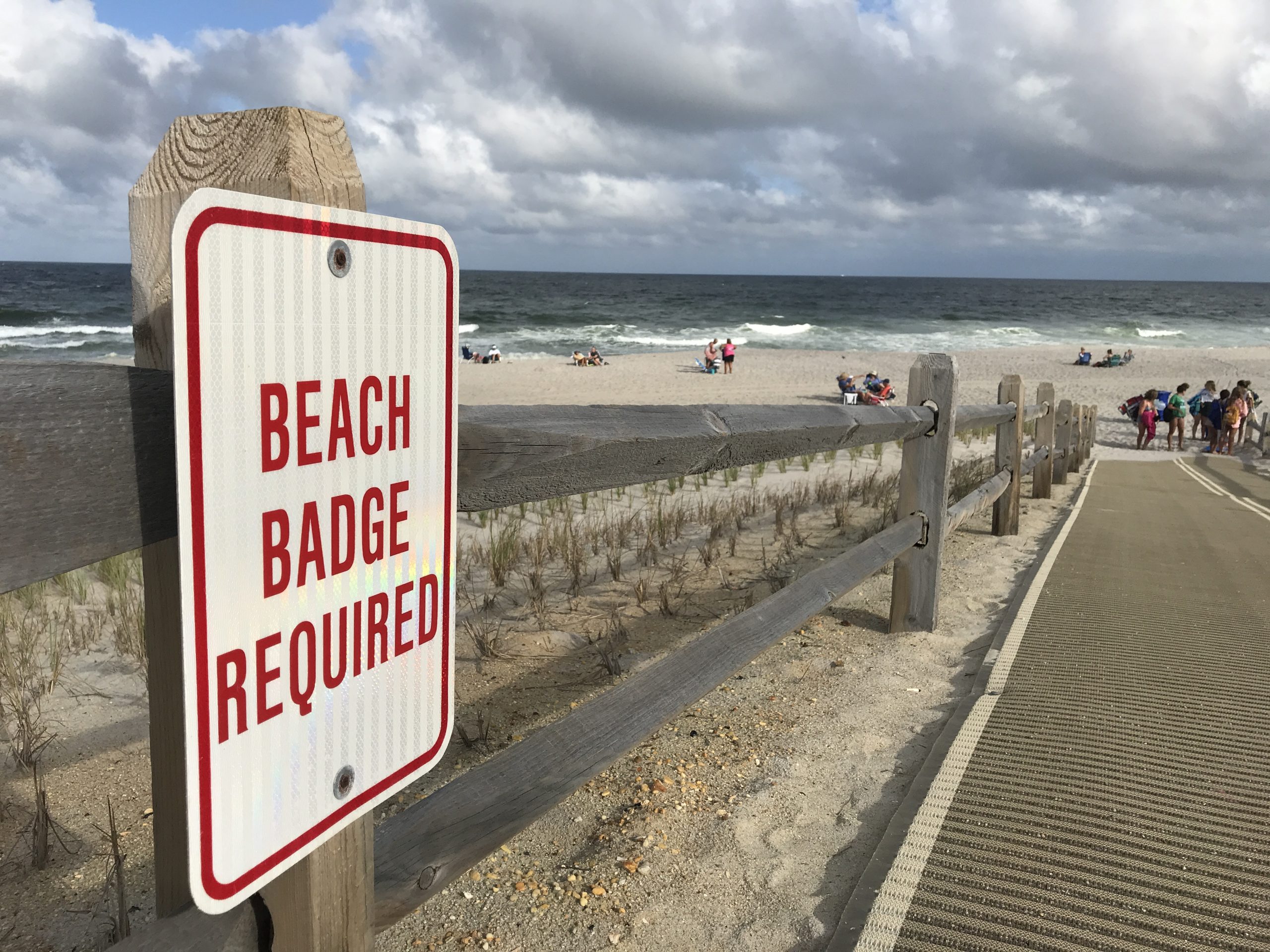“The calendar says winter, but the gods of spring are out,” Seinfeld character Cosmo Kramer once announced to his friends before an early-season round of golf.
The feeling is undoubtedly familiar to Shore residents and officials, who often spend much of the winter season preparing infrastructure and readying facilities to welcome the hundreds of thousands of visitors who will begin coming on a weekly basis in another 110 days for Memorial Day weekend. To that end, Lavallette officials are beginning the process of repairing some beach entrances, ordering park benches and reviewing beach badge sales policies.
Badges the Easy Way? Well, Not So Easy…
A pandemic-era idea that has continued on over the course of the last several seasons has been a central location for the sale of daily beach badges in Lavallette. Regardless of where someone may want to sunbathe or swim on a given day, badges have been sold at a shack at Chandler Field. Last year, the borough introduced a second seasonal badge, known as a “recreation badge,” that grants holders access to pickleball courts and tennis courts, the demand for which has spiked in recent years. Prior to the introduction of the recreation badge, court time was being managed by a private group of citizens in pickleball club, to the consternation of some residents who felt an employee would be more suited to accommodate the public.
An ordinance having to do with badge prices were tabled at a council meeting this week, giving the governing body more time to consider options for the upcoming season.
The first ordinance centered on the recreation badges. The badges sold for $50 last year, but the council had been set to consider an ordinance that would raise the fee to $60 in order to match the cost of a seasonal beach badge. Parking sticker prices for the season would rise from $10 to $15.
The same measure would have modified fees for renting borough property, such as the bayfront gazebo, and minor adjustments to credit card fees. In New Jersey, government agencies cannot use taxpayer dollars to pay credit card processing fees, meaning a surcharge of some sort must always been applied.
The ordinance, however, was tabled and will likely be considered at the next meeting.
The discussion on credit cards spurred a separate discussion on whether the policy of a centralized location for badge sales should continue into 2024. While the policy has proven popular with residents and staff – and has also allowed staff to suggest beachgoers try to sit in a certain area of town in order to reduce crowding and better utilize lifeguard coverage – some day-trippers who were not familiar with the policy became upset, at times, over having to leave the beach after finding a parking space in order to buy a badge elsewhere.
The policy caused badge checkers and beach patrol staff to take “abuse” from some visitors, a resident said.
Another resident suggested using “Square” type devices which connect to smartphones held by employees and can instantly take credit card payments wirelessly from any location.
Councilman Michael Stogdill ruled out bringing back cash transactions for beach badges, but indicated he was open to the idea of a mobile, wireless payment system. Such a system, however, would not be set up for the 2024 beach season and would likely be a 2025 project if it were to come to fruition at all.
Seaside Heights, which had been selling badges through a specially-designed smartphone app, is also searching for a new payment system after the service, Viply, shut down. In that town, Borough Administrator Christopher Vaz said there are now vending machines that can print daily wristbands allowing beach access. Seaside Heights, however, likely has more electrical infrastructure along its boardwalk and beach entrance areas than Lavallette, however, which could complicate the implementation of such a system.
Beaches
While in dramatically better condition than those in Ortley Beach, its neighbor to the south, Lavallette’s beach access points have experienced their own damage by the near-constant onslaught of coastal storms this winter, said Councilman Robert Lamb. Many of the borough’s dune crossovers are “inundated” with sand, he said, and must be cleared quickly.
The Public Works Department has already begun the effort, he said, with the removal of sand between Dover and Philadelphia avenues in the southern portion of the borough. After sand is cleared from those entrances, work will shift to the northern end. It is expected that the immediate removal of the sand will take through the end of the week, however crews will likely have to return to the crossovers to get them in top shape for the summer.
Officials also have announced the purchase of “Mobi-Mats” for beach entrances to make the walk over the dune and down to the beach berm (the area where beachgoers set up their chairs and umbrellas) easier. The borough had been considering Mobi-Mats that were 9-feet in width, but ultimately decided on 6.5-foot wide mats in order to keep costs down by about $20,000, and ensure they are easier to clean by Public Works crews. Though the mats increase mobility significantly, on occasion there have been some complaints that a “drop” can form between the end of the mat, where it is anchored into the sand, and the beach itself. Regular maintenance on the smaller mats should be significantly easier with a lighter model, officials said.
Benches
Lavallette officials have long been organizing a project to replace many of the wooden benches that have deteriorated across town in recent years. The governing body on Monday night authorized Van Cleef Engineering to design a bid specification for new benches that would suit the borough.
“We need the benches to be extremely sturdy, heavy, and that comes with a cost,” Councilwoman Joanne Filippone has said, emphasizing the coastal environment and the need to have benches that cannot be taken by a wind gust or moved by tidal flooding.
The borough plans on selling memorials to defray the cost of the benches, which will replace those at the bayfront. As it currently stands, officials have worried that the deteriorating benches near the borough gazebo and some other locations along the bayfront represent a safety hazard, as the wood can be seen rotting or cracking in some locations. Though no policy has been formally passed, officials have discussed guaranteeing those who purchase a memorial on a bench that the plaque would remain for ten years, after which it could be subject to replacement.
Van Cleef was awarded a contract worth $5,950 to design the specifications for the benches – a major factor in the coastal environment – as well as helping to oversee their purchase and delivery.

Advertisement

Police, Fire & Courts
Police Investigating Possible Shots Fired in Seaside Heights

Police, Fire & Courts
Cops: Juvenile Arrested After 118mph Joy Ride in Seaside Heights, Toms River Kills 2

Seaside Heights & Seaside Park
Seaside Heights Mourns Passing of Boardwalk Legend, Still Working Into His 90s

